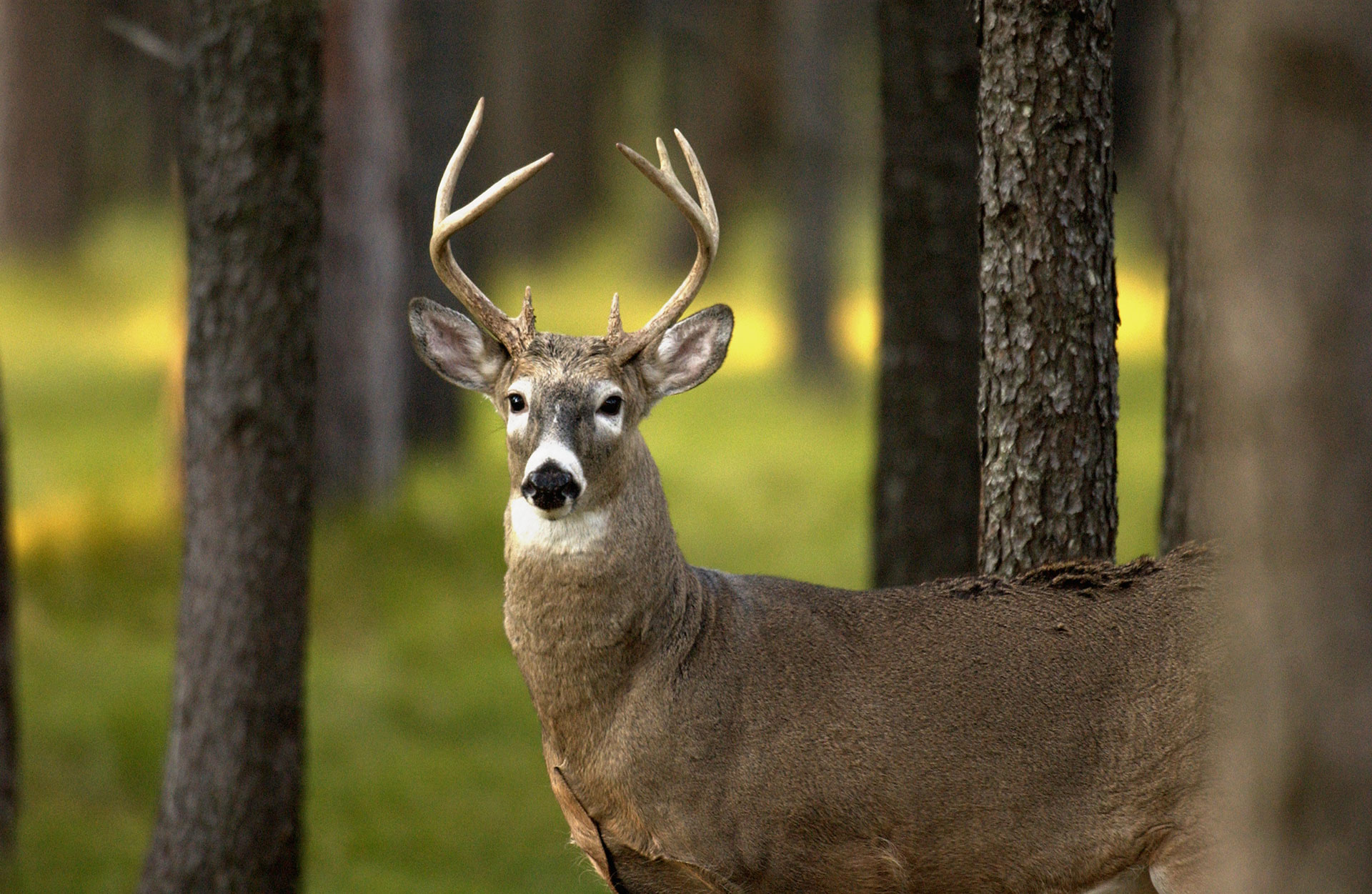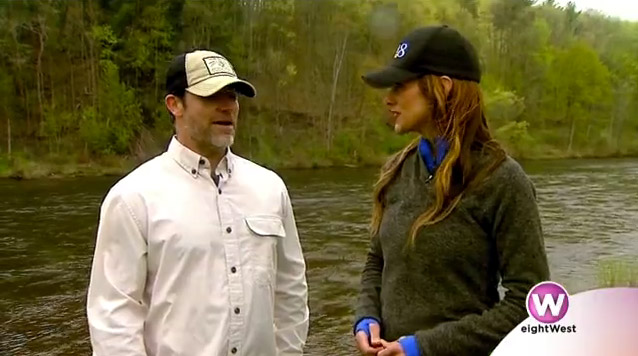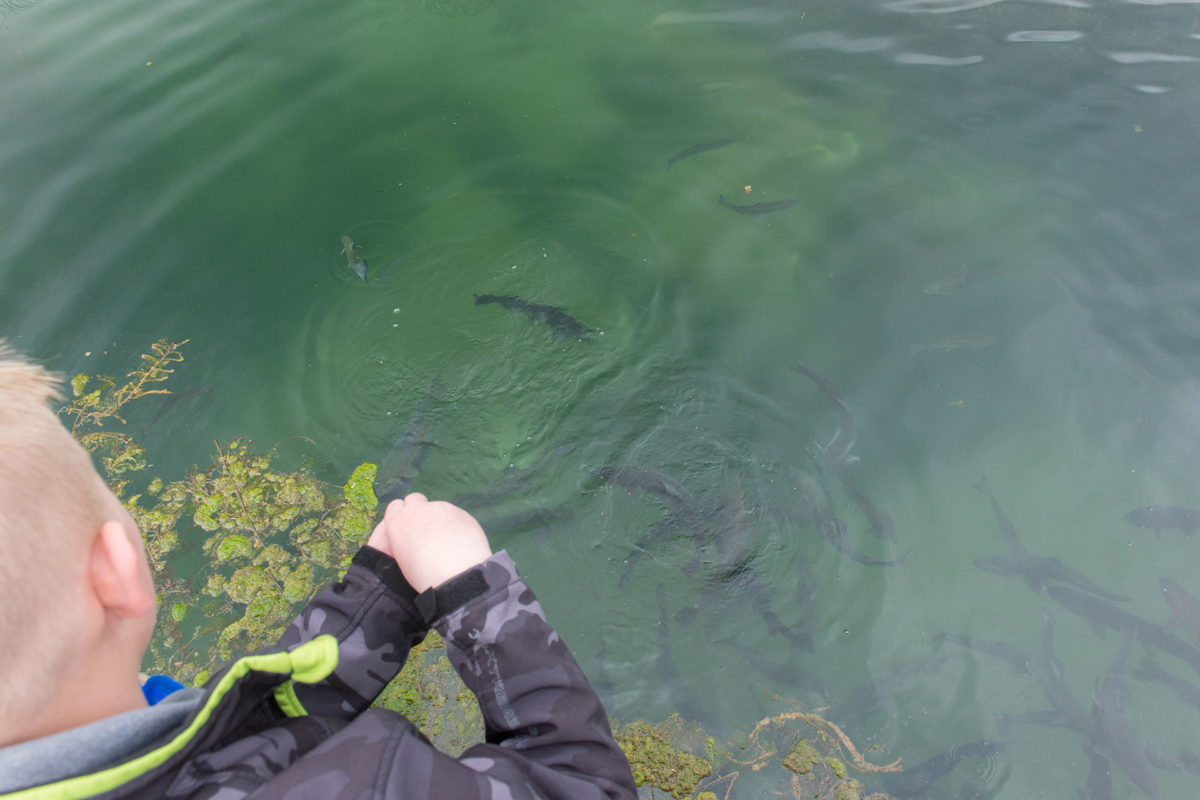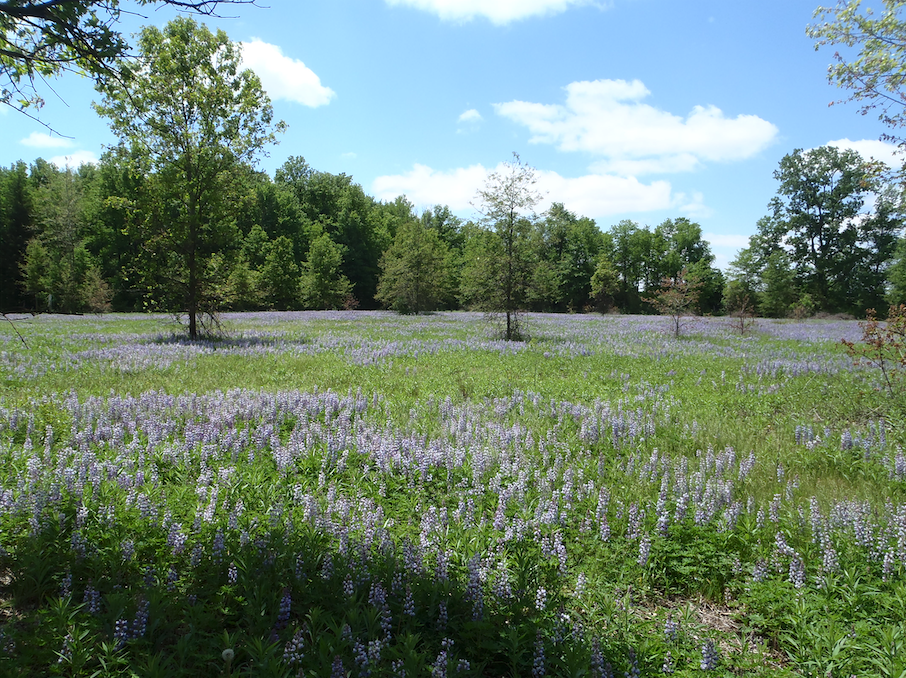On Nov. 15, Mike Swank will continue a tradition that began 43 years ago with his dad and brother — he’ll venture into the woods for opening day of Michigan’s firearm deer season.
“I still remember those first few times going out with my family,” said the Owosso resident, 56. “It really got me hooked on deer hunting and being in the outdoors.”
He didn’t initially understand, however, that he was embarking on a pastime that wildlife managers say not only strengthens Michigan’s economy, but is also key to maintaining a healthy deer herd and funding various other conservation efforts.
“It requires people and the use of sound, science-based guidelines — including highly regulated hunting seasons — to manage wildlife and ensure the well-being of species of habitats,” said Matt Pedigo, chairman of the Michigan Wildlife Council.
While Swank plans to go solo this opening day, he’ll still find ways to share the experience.
“I like swapping stories with my buddies who hunt,” Swank said. “Basically, I just enjoy being outside and watching wildlife. Really, if I get a nice buck, that’s just a bonus, although I do very much like venison and sharing it with my friends and family.”
Swank is just one of nearly 660,000 hunters statewide who are expected to participate in deer season between Nov. 15 and 30 – and they’ll all have their own stories to tell about why they hunt, said Ashley Autenrieth, deer program biologist with the Michigan Department of Natural Resources.
“Probably the most common reasons involve the tradition of spending time with friends and family in the great outdoors,” she said. “It’s a great way to get away from the hustle and bustle.”
And, as with Swank and his friends, it’s also fodder for storytelling.
“Just think of all the calling and texting that is taking place on Nov. 15,” Autenrieth said.
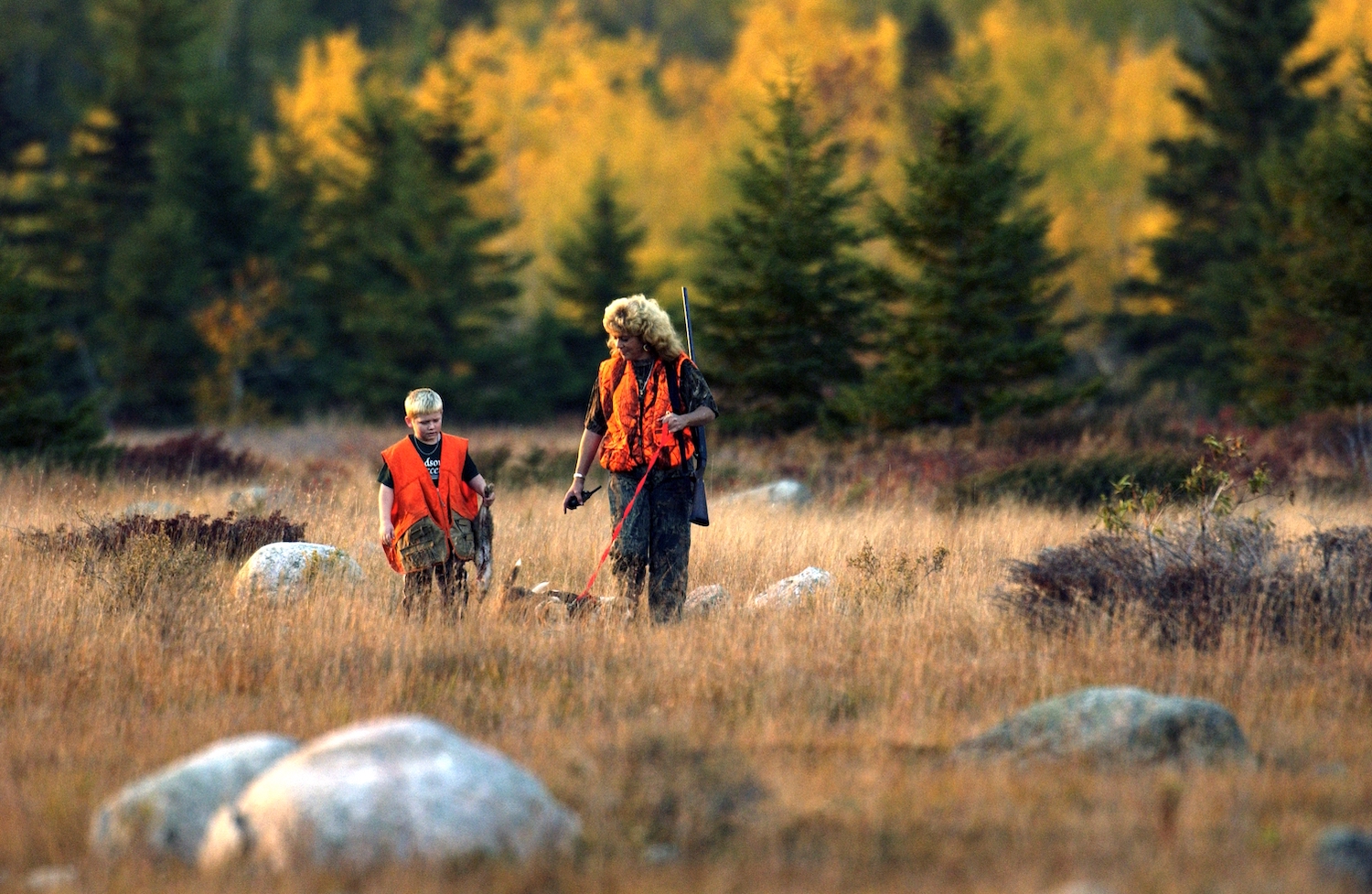
“No. 1 reason conservation takes place”
What deer hunters may not discuss, however, is the environmental and economic good they provide for the state as a whole, Autenrieth said.
“I don’t think many hunters realize that they make conservation efforts possible by their buying a hunting or fishing license, or going out and purchasing equipment,” she said. “Most don’t realize they are the No. 1 reason conservation takes place in Michigan.”
Indeed, it’s licenses and surcharges on equipment purchased by hunters and anglers — not general tax dollars — that fund the bulk of conservation work performed statewide.
Hunting is also by far the most important management tool that the DNR uses to sustain Michigan’s deer population, by keeping it in balance with its habitat and controlling diseases that affect the species, Autenrieth said.
And that’s not even mentioning the economic benefits. A study released earlier this year by Michigan United Conservation Clubs showed that the activity supports nearly 136,000 jobs annually and adds $8.9 billion to the Michigan economy, with the greatest impact in Southeast Michigan.
Swank acknowledges that the far-reaching aspects of hunting are not top-of-mind for him.
“It’s not my real motivation for hunting, but I do understand and appreciate the role that I, and all hunters, play in helping to keep nature in balance and contributing to the local economy,” he said.
A far-afield impact
The MUCC study gauged hunting-related economic benefits in general — booking motel rooms, buying gas, frequenting restaurants, etc. But the activity also directly raises funds for conservation efforts, such as maintaining wildlife habitat on state land and testing wildlife to help control disease, Autenrieth noted.
In 2018 alone, about $61 million from hunting and fishing license sales went toward sustaining fish and wildlife in Michigan, and another $35 million was raised for that purpose through federal surcharges on purchases of hunting and fishing equipment.
While the funding model has served state conservation efforts well for decades, population trends could threaten the revenue stream. Fewer and fewer baby boomers are continuing to hunt as they age, and hunting and fishing aren’t as popular with younger generations.
“For the older generation, hunting was not really just a fun time — it was a way to put food on the table,” Autenrieth said. “It was a way of life, really.”
A demographic analysis conducted by Michigan Technological University shows the number of firearm deer-hunting licenses sold in Michigan has dropped nearly 21% over two decades — from a 1998 high of 785,000 deer hunters, to 621,000 in 2017. By 2035, projections are that the late-’90s rate will be cut by more than half.
A continued decline in that base has huge implications for how forests, fields, wildlife, lakes, rivers and streams are managed today, and how they will be managed in the future, Autenrieth said.
While potential solutions are being considered, license fees and surcharges on equipment paid by hunters continue to benefit outdoor lovers of various types, Pedigo said.
“Anyone who takes advantage of state land for activities like hiking, bird-watching or mushroom hunting, they’re seeing the results of conservation efforts that are possible because of hunters. The availability of that land — that’s there because of hunters.”
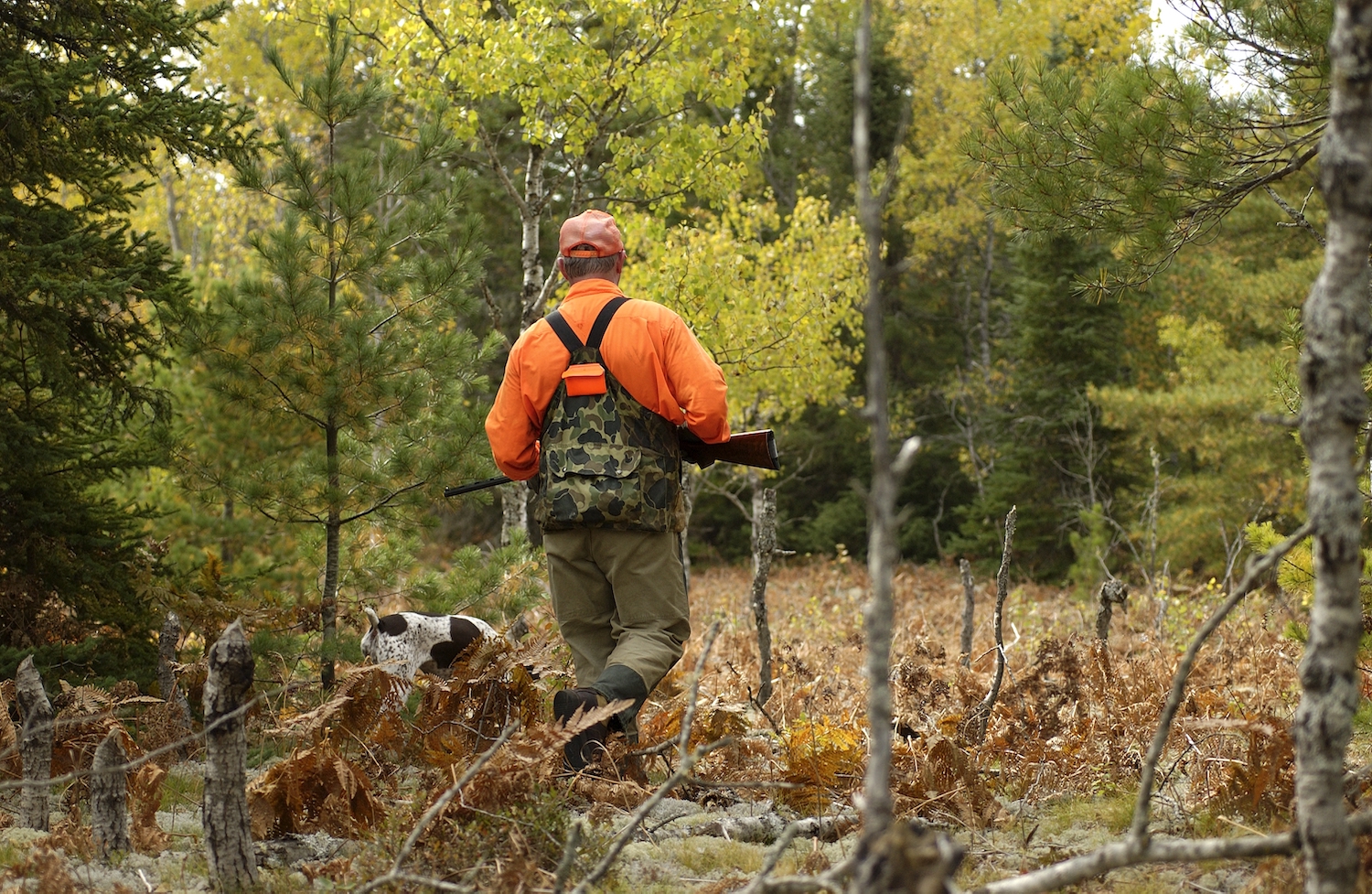
Humane hunting
And, as the primary conduits for controlling wildlife populations, hunters also aid the greater good by helping limit interactions between humans and deer, Autenrieth said.
“Without hunting, car-deer crashes would occur more frequently, even more so than now, and you’d see a lot more crop and horticultural damage,” she said. “In addition, increases in diseases, such as chronic wasting disease and bovine tuberculosis, both of which occur in Michigan and both of which hunters are the main tool for helping to manage, would undoubtedly increase and spread across larger areas in Michigan.”
People aren’t the only ones who benefit from hunting. It’s also a humane way to control the deer population, Autenrieth said.
“If we do not hunt deer, nature will take care of things on its own, and it’s not always pretty,” she said. “Nature’s way is starvation or disease or predation.”
Furthermore, an overabundance of deer can have an effect on more than just people. For example, this overabundance can change the composition and structure of forests when the animals feed on more favorable plant species, which can lower forest productivity and decrease songbird populations, researchers from The Nature Conservancy have determined.
“Clearly, hunting is far more than just a fun activity enjoyed by hundreds of thousands of Michiganders,” Pedigo said. “It’s an important part of wildlife management and conservation efforts that aim to ensure the state’s abundant outdoor resources are here for generations.”
